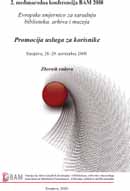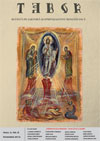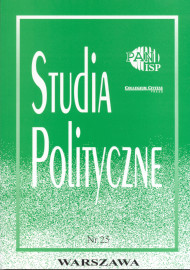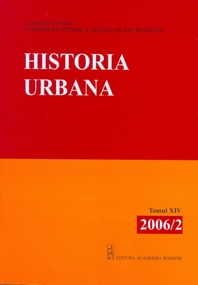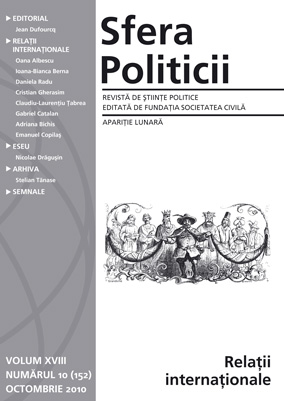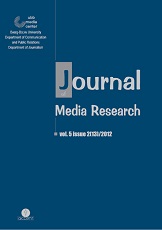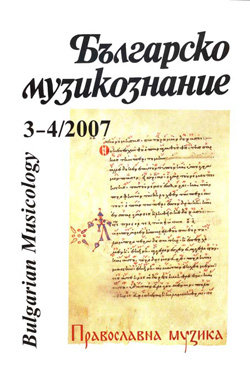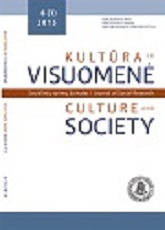
Subjective Perception of Security by the Lithuanian People in the Context of External Threats
Lietuvos gyventojų subjektyvus saugumo suvokimas išorinių grėsmių kontekste
Keywords: subjektyvus saugumas; grėsmės; išgyvenimo strategijos. subjective security; threats; survival strategies.
Pastaraisiais metais besikeičianti Lietuvos geopolitinė aplinka neišvengiamai daro įtaką subjektyviam šalies gyventojų saugumo suvokimui. Remiantis 2014 m. atlikto kiekybinio ir kokybinio tyrimo rezultatais straipsnyje nagrinėjama, koks yra Lietuvos žmonių subjektyvus saugumo suvokimas išorinių grėsmių aplinkybėmis ir kokią įtaką šis suvokimas daro žmonių pasirenkamoms išgyvenimo strategijoms. Atlikto tyrimo duomenų analizė gerokai išplečia Barrio Buzano išskirtų pagrindinių, tarpusavyje glaudžiai susijusių, saugumo sektorių grėsmių individo lygmenyje aprašymus. Šalies gyventojų suvokiamos grėsmės labai priklauso nuo konkrečios vieno ar kito laikotarpio politinės, ekonominės, socialinės, ekologijos ir išorinių grėsmių situacijos. Pakitus aplinkybėms, vieno ar kito saugumo sektoriaus padidėjusios grėsmės gali išstumti svarbiausiomis laikomas grėsmes arba įtraukti naujų, anksčiau nereflektuotų grėsmių. Nors paprastai žmonėms yra svarbiausias individualus saugumo lygmuo, pakitusi situacija gali suaktualinti tiek nacionalinio, tiek tarptautinio lygmens saugumo suvokimą, priversdama peržiūrėti požiūrį į kylančias išorines grėsmes ir atsaką į jas. In recent years, Lithuania’s changing geopolitical environment inevitably affected the subjective perception of the security by the population. According to the conducted quantitative and qualitative research in 2014, the article examines Lithuanian people’s subjective perception of external threats in the security context and the impact of this perception on the people’s survival strategies. The data analysis significantly extends Barry Buzan’s descriptions of individual security level threats in the main security sectors: military, political, economic, societal, and environmental. Perceived threats by the country’s population is highly dependent on the specific political, economic, social, environmental and the situation of external threats of the time. When the context changes, the treats of one or another sector can be replaced by threats that are more important or can include new, previously unknown threats. Although most people are concerned most with an individual security level, the change of the situation could put forward both national and international level of security awareness and force us to review approaches to emerging external threats and responses to them.
More...
